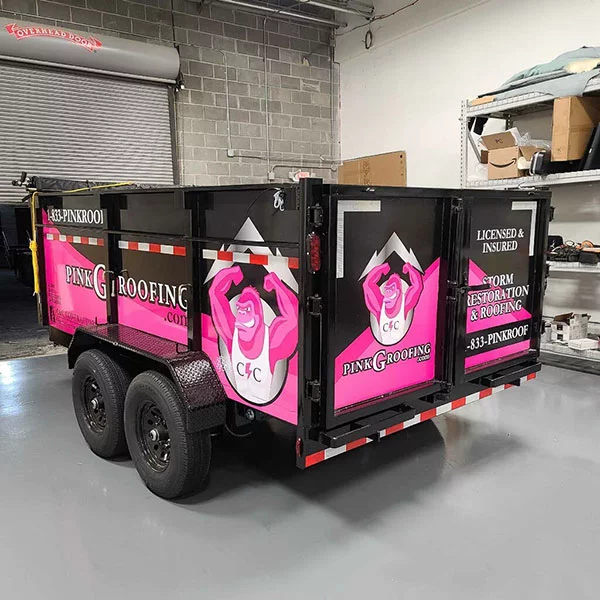When most folks think Austin, they picture live music, food trucks, and tech startups pumping out apps between breakfast tacos. But here’s the real tea: Austin’s got a low-key but seriously growing chemical processing scene—and it’s way more than just a side hustle. From specialty chemical manufacturers whipping up high-purity solvents for semiconductor cleanrooms to contract packagers bottling eco-friendly cleaners for national brands, the ATX area is quietly becoming a legit hub for precision, safe, and scalable chemical operations.
Why? Location, logistics, talent, and Texas-sized business incentives. Sitting right in the I-35 corridor, Austin’s got easy haul routes to Houston’s petrochemical giants, Dallas-Fort Worth distribution centers, and the Port of Corpus Christi. Plus, with UT Austin and local community colleges churning out engineers and lab techs, companies don’t have to fly in experts from out of state—they can hire sharp, local brains who already know how to handle an MSDS sheet and a breakfast taco with equal skill. Whether you’re talking batch reactors, formulation labs, or high-shear mixing suites, Austin’s chemical processing sector is dialed in, safety-first, and scaling up fast—no cap.
Why Austin’s a Smart Spot for Chemical Process Ops (Beyond the BBQ)
Let’s cut through the fluff: running a chemical plant or lab isn’t like launching a SaaS app—you can’t just rent a WeWork and plug in a laptop. You need infrastructure: rail access? Check. Reliable water and wastewater treatment with industrial discharge permits? Yep—Austin Water’s got programs for high-volume users. Skilled welders who know ASME BPE standards and can tolerate 100-degree heat? Double check.
What really sets Austin apart, though, is how it blends industrial capability with a modern, compliance-savvy mindset. Unlike older Gulf Coast hubs where some facilities are still running on pre-Y2K tech, Austin-based chemical processors tend to build lean, automated, and digitally tracked from day one—think IIoT sensors on mix tanks, cloud-based batch records, and real-time emissions monitoring.
And because the city leans green (hello, Climate Equity Plan), there’s major momentum around sustainable chem processing: bio-based feedstocks, solvent recycling loops, and zero-liquid-discharge systems aren’t just buzzwords here—they’re part of the permitting conversation. Throw in Texas’ lack of state income tax and aggressive business recruitment through the Governor’s Office, and yeah—it’s no accident that national chemical brands and agile startups alike are setting up shop from Manor to Buda.
Who’s Doing the Heavy Lifting? Key Players & Support Ecosystem
Austin’s chemical processing game isn’t dominated by one mega-refinery—it’s a scrappy mix of niche specialists. You’ve got contract manufacturers handling everything from pH-adjusted cosmetics to aerospace-grade cleaning fluids, R&D-focused labs developing new polymers or battery electrolytes, and even cannabis-adjacent extractors running GMP-compliant CO₂ systems (all fully licensed, of course).
Big names like Eastman Chemical and Solvay have technical service centers or satellite labs in the metro area, but the real movers are the mid-sized locals—think companies doing 500-gallon to 10,000-gallon batch runs with ISO 9001 and sometimes even ISO 14001 certs hanging on the wall. And none of this happens in a vacuum.
Austin’s got a solid support crew: certified hazmat haulers with DOT-trained drivers, third-party QA/QC testing labs (some with 24-hour turnaround), engineering firms that design explosion-proof control rooms, and—get this—local sealing and gasket suppliers who actually understand chemical compatibility charts (shoutout to Viton® vs. nitrile debates). Even the permitting folks at the Texas Commission on Environmental Quality (TCEQ) have an Austin regional office, so you’re not mailing forms to Austin from El Paso—help is close by.
Challenges? Yeah, They Exist—But Austin’s Adapting Fast
Look, it ain’t all sunshine and IPA distillation. Austin’s rapid growth means land near major infrastructure (like the Union Pacific rail spur or TX-130 access) is getting pricey—and zoning for heavy industrial use? That’s tighter than a drum in some corridors. Water rights can get dicey during drought years, and yeah, the “Austin weird” vibe doesn’t always mesh with hard-hat culture (though most plant managers will tell you their crews love the food truck line at lunch).
But here’s the kicker: folks are getting creative. Shared facility models—like incubator labs where startups rent bench space and fume hoods by the month—are popping up. Some processors are going modular, building skid-mounted units they can deploy fast and scale incrementally. And community engagement? Smart operators host open houses (with safety goggles and local craft beer), partner with ACC on workforce programs, and fund STEM outreach—because they know long-term success means being a good neighbor, not just a tax payer.
FAQs:
Is Austin too “techy” for traditional chemical manufacturing?
Nah—Austin’s evolved. You won’t find massive ethylene crackers here (that’s Houston’s lane), but for high-value, lower-volume specialty chems—pharma intermediates, electronics-grade materials, green formulations? Perfect fit. It’s less “smokestacks,” more “cleanroom + control system.”
Do I need a crazy amount of capital to start up here?
Not necessarily. Thanks to shared facilities, contract manufacturing partners, and state grants (like the Texas Enterprise Fund), even startups can get in the game without $10M upfront. Pilot batches? Doable in months, not years.
What about regulatory headaches with TCEQ or OSHA?
Austin’s got experienced EHS consultants and permit expediters who know the local quirks. Pro tip: engage them before you pick a site—don’t wait till you’re knee-deep in P&IDs.
Can I hire enough skilled operators and chemists locally?
Mostly, yes. UT’s ChemE program is top-tier, and Austin Community College runs process tech certs with hands-on simulator training. Many employers also do on-the-job apprenticeships—so you train ‘em your way.
Are there green incentives for sustainable chem processing?
Big time. Austin Energy offers industrial efficiency rebates, the city’s got grants for water reuse systems, and Texas has sales tax exemptions on pollution control equipment. Go green, save green.



